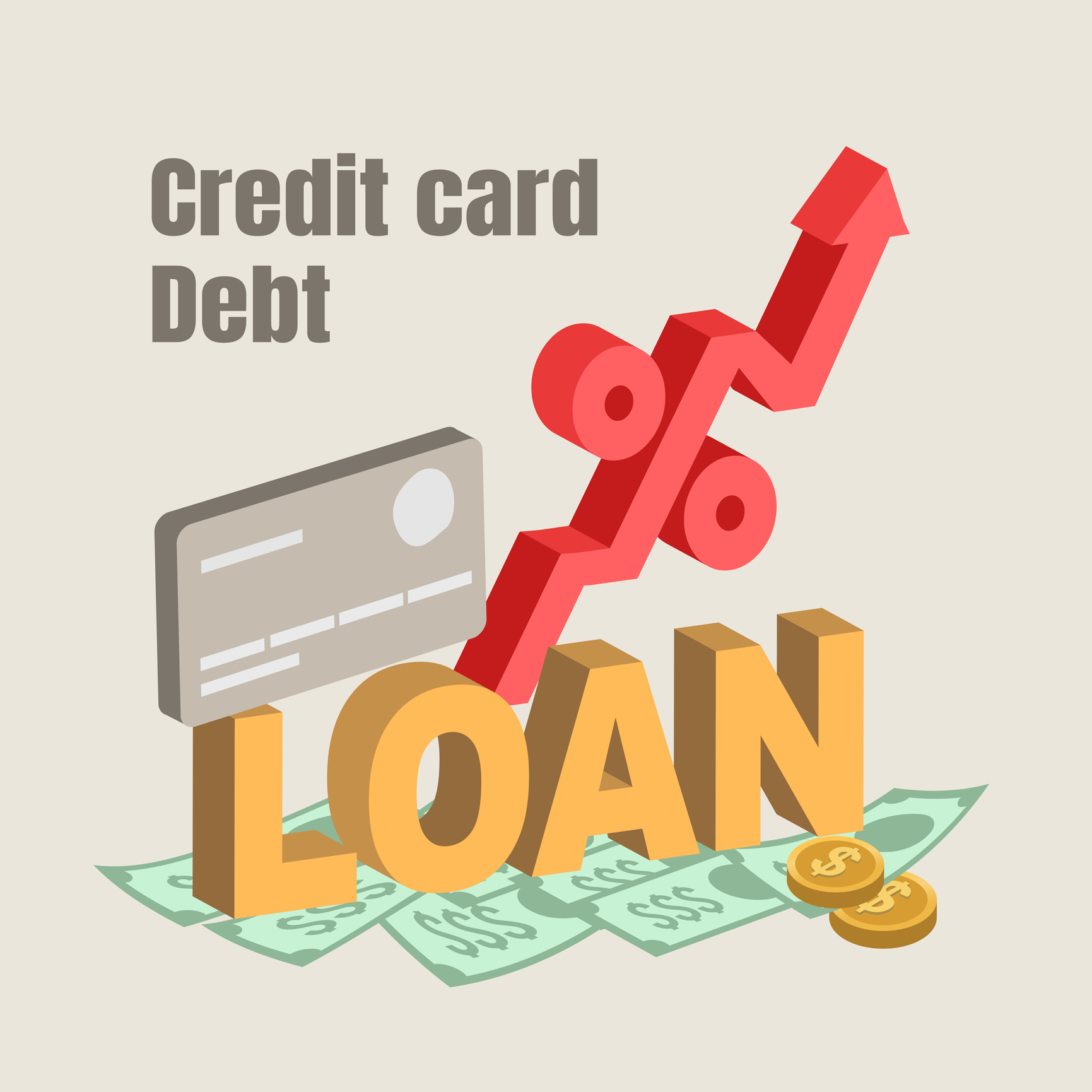 If you’re thinking about filing for bankruptcy in California, you should know what kinds of debts you can get rid of. The debts that you can discharge in a Chapter 7 bankruptcy may differ from those that can be discharged in a Chapter 13 bankruptcy. When filing for bankruptcy, it’s critical to grasp the distinction between secured and unsecured debt.
If you’re thinking about filing for bankruptcy in California, you should know what kinds of debts you can get rid of. The debts that you can discharge in a Chapter 7 bankruptcy may differ from those that can be discharged in a Chapter 13 bankruptcy. When filing for bankruptcy, it’s critical to grasp the distinction between secured and unsecured debt.
If you or a family member needs help filing for bankruptcy, contact an experienced bankruptcy attorney right now. You can contact Law Offices of Terrence Fantauzzi at (909) 552-1238 now for help.
Different types of debt are discharged in different types of bankruptcy
The goal of filing for bankruptcy is to reduce or eliminate debt that you can no longer afford to pay. The type of debts you can discharge and how quickly they can be released depends depend on the bankruptcy chapter you declare.
In a Chapter 7 bankruptcy, for example, a debt discharge may occur after a few months. A Chapter 13 debt discharge, on the other hand, may take years. That is why it is critical to comprehend which types of secured and unsecured obligations are dismissed in various types of bankruptcy.
Debt discharge under Chapter 7
Secured debt is debt that is secured by a piece of property that can be taken back if the borrower defaults. If you don’t pay your mortgage, for example, the lender will start foreclosure proceedings. If the Internal Revenue Service (IRS) places a tax lien on your house for failing to pay taxes, you may be forced to sign into a secured debt agreement.
One of the most essential features of Chapter 7 bankruptcy is the ability to discharge secured debt. Despite the discharge, the lender may be entitled to reclaim the property.
When filing for Chapter 7 bankruptcy, you must devise a strategy for dealing with your secured obligations. The majority of filers choose to give the property back to the creditor. Some debtors, though, may wish to preserve the property. In such circumstances, the debtor must agree to repay the amount after bankruptcy and negotiate the repayment terms. If you want to keep paying monthly payments on the property, for example, you must confirm this with the creditor.
Unsecured debt discharge
Unsecured debt, on the other hand, is debt that does not require collateral. Unsecured debt includes things like credit card debt and medical bills. A creditor cannot bring a claim on any of your assets since unsecured debt is not backed by security.
Unsecured creditors are usually paid only if you have property that is not exempt from the bankruptcy process. This means the property will be confiscated and sold to satisfy unsecured creditors’ debts. A list of nonexempt assets that can be sold includes jewelry, investments, antique real estate, instruments that are unrelated to your business, vehicles with newer models, fashionable clothing, and others.
It’s vital to remember that if you don’t have any assets to sell, an unsecured creditor might still sue you. They can collect on the unpaid bill if they win their lawsuit.
Discharge under Chapter 13 bankruptcy
A debtor can use Chapter 13 bankruptcy to reorganize their debt and arrange a repayment plan that will be carried out over a set number of years. Secured debt in a Chapter 13 bankruptcy is attached to collateral that can be repossessed in the case of a default, similar to Chapter 7 bankruptcy. You have the option of including this debt in your repayment plan or allowing the creditor to collect it.
Unsecured debt is handled differently in Chapter 13 bankruptcy than it is in Chapter 7. Unsecured debts, for example, may qualify as priority debts that must be included in your reorganization plan and paid in full. Priority debts include child and spousal maintenance.
Depending on the circumstances, Chapter 13 bankruptcy may result in unsecured creditors obtaining all or part of the money they are owed. Our business can assist you in determining your unsecured debt burden.
If you need help, contact Law Offices of Terrence Fantauzzi at (909) 552-1238 now for a consultation.
